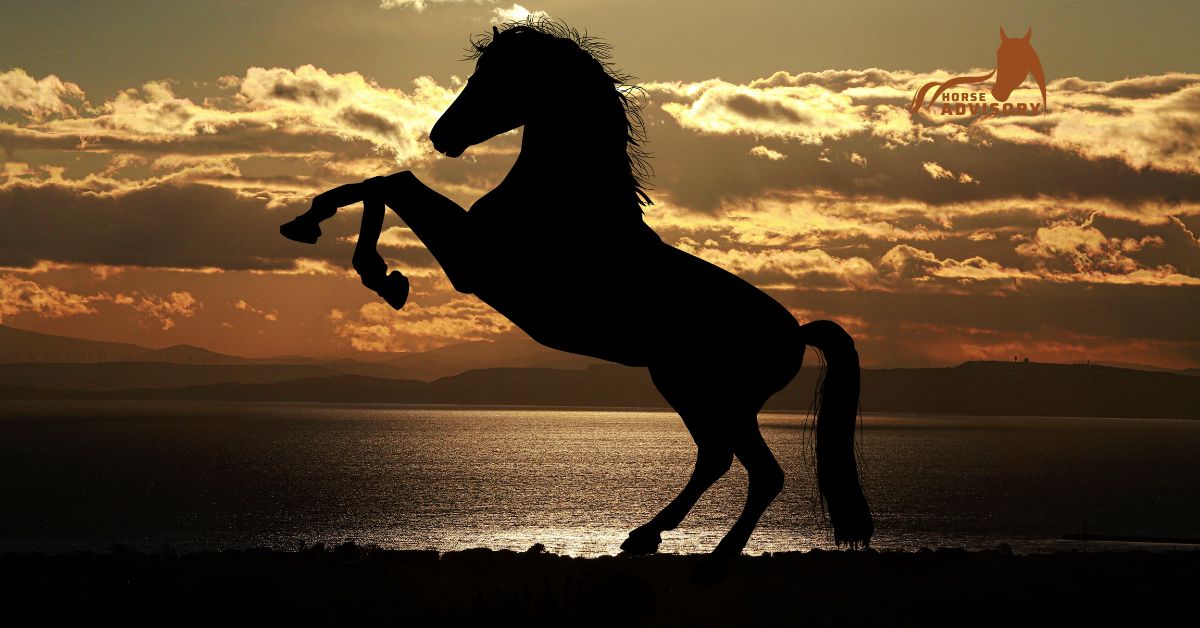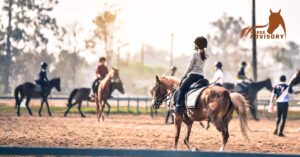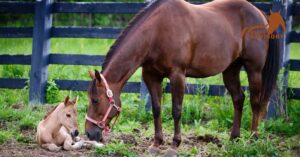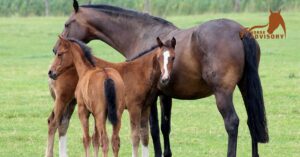Horses are magnificent creatures that many of us have an emotional connection to. They are, however, large animals with a mind of their own. Respecting their size and strength is crucial for anyone who works with them – be it in a professional capacity or simply as an owner. Here are fifteen rules for working safely with horses, compiled by experts in the equine industry. By following these guidelines, you can help prevent accidents and injuries, keeping both you and your horse safe and healthy.
1. Respect Horses’ Personal Space
No matter how friendly a horse may be, it is important to respect their personal space when interacting with them. Stand at least six feet away and move slowly while speaking in a low, calming voice. Never approach from behind, and never stand where the horse can back into you or step on your feet.
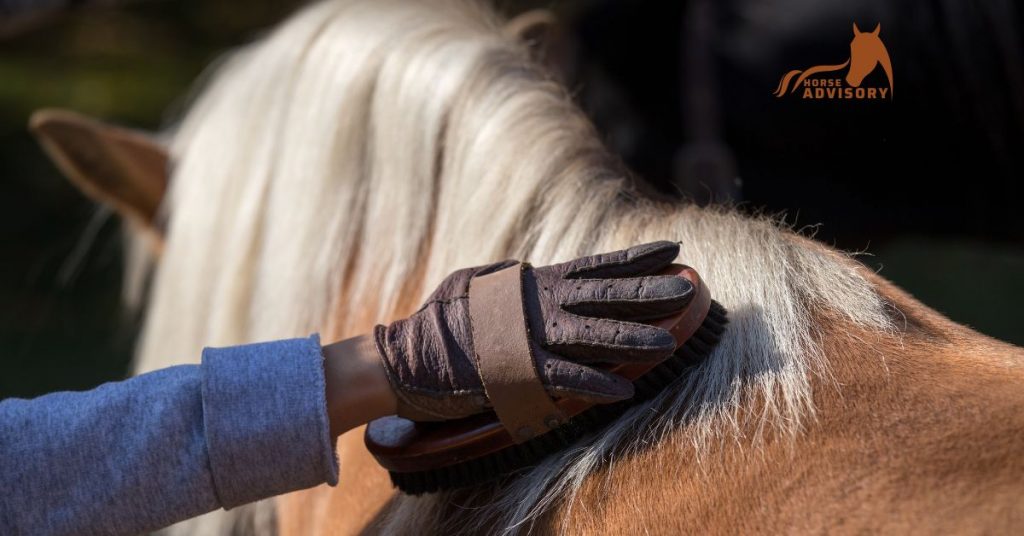
2. Be Aware of Horse Body Language
Horses communicate through body language – so make sure you are paying attention to what they are trying to tell you! Signs such as a pinned ear, swishing tail, or tight mouth indicate that the horse is feeling uncomfortable or angry – so it’s best to give them some space and allow them time to calm down before attempting any kind of interaction.
3. Wear Appropriate Footwear
Always wear appropriate footwear when handling horses. Sturdy boots with a low heel and good grip are essential for keeping your feet secure, particularly if you plan on riding them. Never handle horses in sandals or open-toed shoes – they can easily startle and cause an accident.
4. Understand the Basics of Horse Care
It is vital to have a basic understanding of horse care before attempting to handle them. Make sure you know how to feed, groom, and carry out general health checks such as checking their temperature, hooves, and teeth. Taking a course or reading up on the basics of horse care is always advisable before interacting with horses for the first time.
5. Introduce Yourself Properly
Make sure that you introduce yourself to a horse in the proper manner before attempting to handle them. Make eye contact, extend your hand forward for the horse to smell, and speak calmly and confidently. This gives the horse time to become familiar with your presence and will help build trust between you both.
6. Ask for Permission Before Touching
Just like humans, horses also appreciate it when their personal space is respected. Always ask permission before touching or grooming a horse – this allows them time to get used to your presence before moving on to more involved activities such as riding or tacking up.
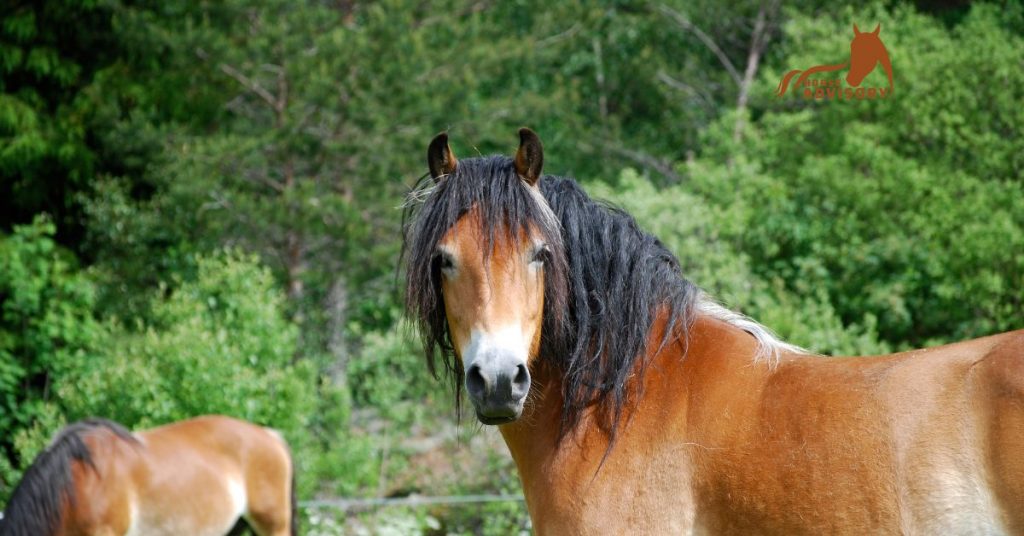
7. Use Sufficient Lighting
Whenever possible, always use sufficient lighting when handling horses – especially outdoors at night. Poorly lit environments can easily cause accidents, so make sure you have a good source of light on hand before attempting any kind of interaction with the horse.
8. Handle With Care
It is important to handle horses with care at all times – even when they are being uncooperative. Speak calmly and keep your movements slow and steady, as sudden or aggressive behaviour could startle the horse and result in an accident.
9. Be Patient With Young Horses
Young horses require extra patience when handling, as they are still learning how to interact with humans. Make sure you take your time and be patient while introducing them to new activities, such as riding or standing for grooming – this will help build trust between you both and will make them more willing to cooperate in the future.
10. Keep Equipment In Good Working Order
Always keep your equipment and tack in good working order – this includes everything from saddles and bridles, to halters and lead ropes. Loose or faulty equipment can easily cause accidents, so make sure you always check any items thoroughly before using them with a horse.
11. Observe From A Distance
Whenever possible, observe horses from a distance before attempting to handle them – this allows the horse time to become accustomed to your presence without feeling threatened or intimidated by physical contact.
12. Put Safety First When Handling Horses
Above all else, always put safety first when handling horses. If something doesn’t feel right, don’t do it – instead, take a step back and reevaluate the situation. By taking these precautions, you can help ensure that your interactions with horses remain safe and enjoyable for both you and the horse.
13. Respect the Horse’s Nature
Horses are animals with their own individual personalities, so it is important to respect this when handling them. Learn to recognize their body language and be mindful of their personal space – this will help you build a strong relationship based on trust and mutual understanding.
14. Monitor Your Own Reactions
Always monitor your own reactions when interacting with horses – especially if they become stubborn or uncooperative. Remain calm and patient, as any sudden movements or loud noises could startle the horse and result in an accident.
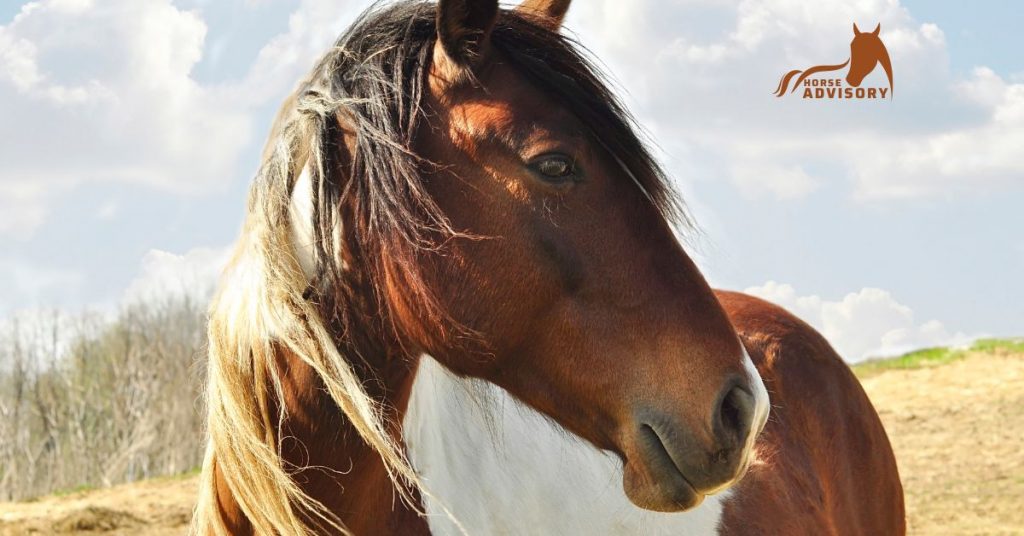
15. Always Supervise Children Around Horses
It is essential to always supervise children when they are around horses – regardless of how experienced they may be. Even the most well-behaved horse can act unpredictably, so make sure you are there to guide and supervise any interactions with the horse.
Conclusion
By following these tips, you can help ensure that your interactions with horses remain safe and enjoyable for everyone involved. Remember to always put safety first, respect the horse’s nature, and observe from a distance before attempting any kind of physical contact – this will help you build a strong relationship based on trust and mutual understanding.
Happy handling!
Frequently Asking Questions
Q: What should I do if a horse becomes uncooperative?
A: Remain calm and patient, and speak to the horse in a gentle manner. Make sure you keep your movements slow and steady, as sudden or aggressive behavior could startle the horse and result in an accident.
Q: Is it OK for children to be around horses?
A: Yes, but always make sure you are there to supervise and guide any interactions with the horse. Even the most well-behaved horse can act unpredictably, so it is essential to provide supervision at all times.
Q: How can I build trust with a horse?
A: Take your time when introducing them to a new environment, speak to them in a gentle manner, and offer treats as rewards for good behavior. Spending time grooming will also help build trust between you both and make them more willing to cooperate in the future.
Q: What should I do if my equipment is faulty or loose?
A: Always keep your equipment and tack in good working order – this includes everything from saddles and bridles, to halters and lead ropes. Faulty or loose items can easily cause accidents, so make sure to check any items thoroughly before using them with a horse.
Q: What hygiene practices should I follow when handling horses?
A: Always follow good hygiene practices such as washing hands before and after contact with them. This will help reduce the risk of transmission of disease or parasites between yourself and the horse. Additionally, make sure to groom the horse regularly and clean any equipment used – this will help keep everyone safe and healthy.
Q: What should I do if a horse becomes frightened?
A: If a horse becomes scared, move away slowly but remain calm – never shout or make sudden movements as this can startle the animal even more. Speak to them in a soothing tone, offer treats as rewards for good behavior, and gradually increase your contact with them over time. With patience and understanding, you can help build trust between you both.
